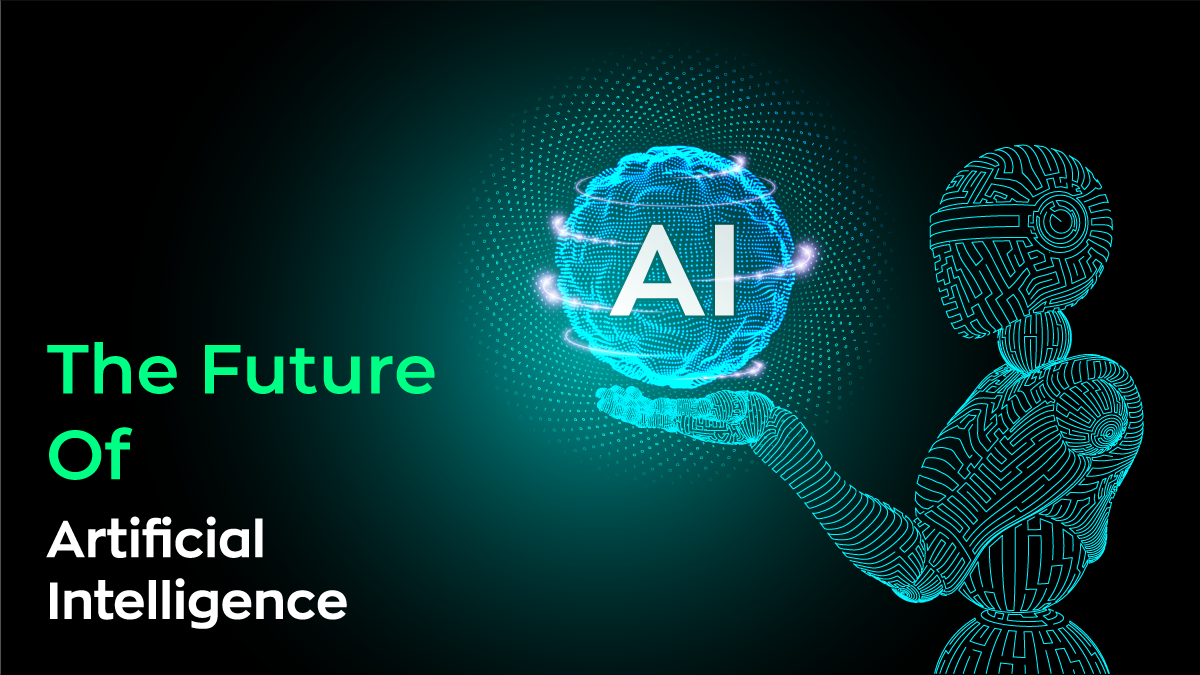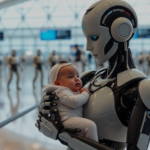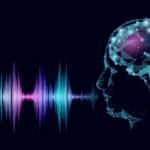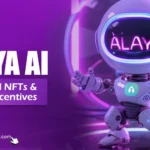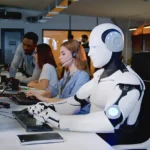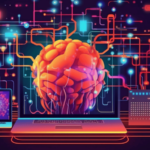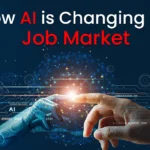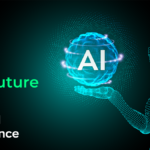Artificial intelligence (AI) is not just a buzzword—it is a transformative force reshaping industries, redefining societal norms, and creating unprecedented opportunities. The future of AI is boundless, and its influence continues to grow across various sectors. In this article, we explore the cutting-edge developments in AI, its practical applications, and its profound impact on our world.
What is artificial intelligence?
Artificial Brains shows the simulation of mortal brains by machines. Via advanced algorithms and computational power, AI enables machines to perform tasks that typically require human intelligence, such as learning, reasoning, problem-solving, and decision-making. AI can be broadly categorized into narrow AI, which specializes in specific tasks, and general AI, which aims to replicate human-like cognitive abilities.
Revolutionizing Industries with AI
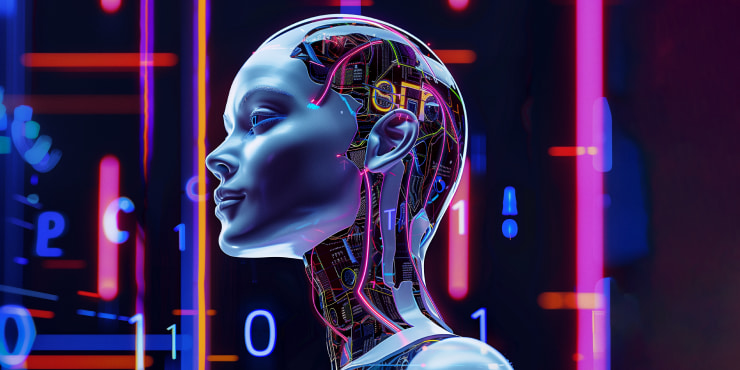
1. Healthcare: Transforming Patient Care
AI is revolutionizing healthcare by enhancing diagnostics, personalizing treatment plans, and streamlining administrative processes. Key advancements include:
- Predictive Analytics: AI models analyze patient data to predict health risks, enabling early intervention.
- Medical Imaging: AI-powered tools, such as those used for cancer detection in radiology, offer unparalleled accuracy.
- Virtual Health Assistants: Chatbots and virtual assistants provide 24/7 support to patients, answering queries and scheduling appointments.
By integrating AI, healthcare providers can deliver faster, more efficient, and patient-centered care.
2. Finance: Enhancing Decision-Making
The finance industry is leveraging AI to improve efficiency, mitigate risks, and deliver superior customer experiences. AI applications in finance include:
- Fraud Detection: Machine learning algorithms analyze transaction patterns to identify fraudulent activities.
- Automated Trading: AI systems execute trades with precision based on market trends.
- Personalized Banking: AI chatbots and apps offer tailored financial advice, fostering customer loyalty.
AI is driving financial institutions to operate with greater agility and security.
3. Education: Personalizing Learning Experiences
AI is reshaping education by enabling personalized learning and automating administrative tasks. Key innovations include:
- Adaptive Learning Platforms: AI tailors educational content to individual student needs and progress.
- Automated Grading: Machine learning algorithms reduce the administrative burden on educators by grading assignments and exams.
- Virtual Tutors: AI-powered tutors provide 24/7 assistance to students, making learning accessible to all.
By adopting AI, education systems are becoming more inclusive and efficient.
AI in Everyday Life

Smart Homes
AI powers smart home devices, such as voice-activated assistants and intelligent thermostats. These technologies make daily life more convenient and efficient by learning user preferences and automating tasks.
Transportation
AI is driving the development of autonomous vehicles, which promise to revolutionize transportation by reducing accidents and optimizing traffic management.
E-Commerce
AI enhances the online shopping experience by offering personalized recommendations, dynamic pricing, and efficient supply chain management.
The Ethical Challenges of AI
While AI offers immense benefits, it also raises ethical concerns that must be addressed:
- Bias and Fairness: Algorithms may perpetuate biases present in the data they are trained on.
- Privacy: The use of AI in surveillance and data collection poses risks to individual privacy.
- Job Displacement: Automation powered by AI could lead to significant workforce disruptions.
To ensure a positive future for AI, policymakers, developers, and stakeholders must collaborate to establish ethical guidelines and regulations.
The Future of AI: Key Trends to Watch
1. Explainable AI (XAI)
As AI becomes more complex, explainability is crucial to building trust and transparency. XAI aims to make AI models more interpretable, ensuring stakeholders understand how decisions are made.
2. AI in Climate Change
AI plays a pivotal role in combating climate change by optimizing energy consumption, predicting natural disasters, and advancing renewable energy solutions.
3. Quantum Computing and AI
Quantum computing will accelerate AI development, solving complex problems that are currently beyond the capabilities of classical computers.
4. Human-Centric AI
The focus is shifting toward developing AI systems that prioritize human well-being and ethical considerations, ensuring technology serves society responsibly.
Conclusion
The future of AI is both exciting and transformative, offering immense potential to enhance lives and solve global challenges. From revolutionizing industries to improving everyday experiences, AI is reshaping the world as we know it. However, navigating its ethical complexities and ensuring equitable access will be critical to unlocking its full potential.
